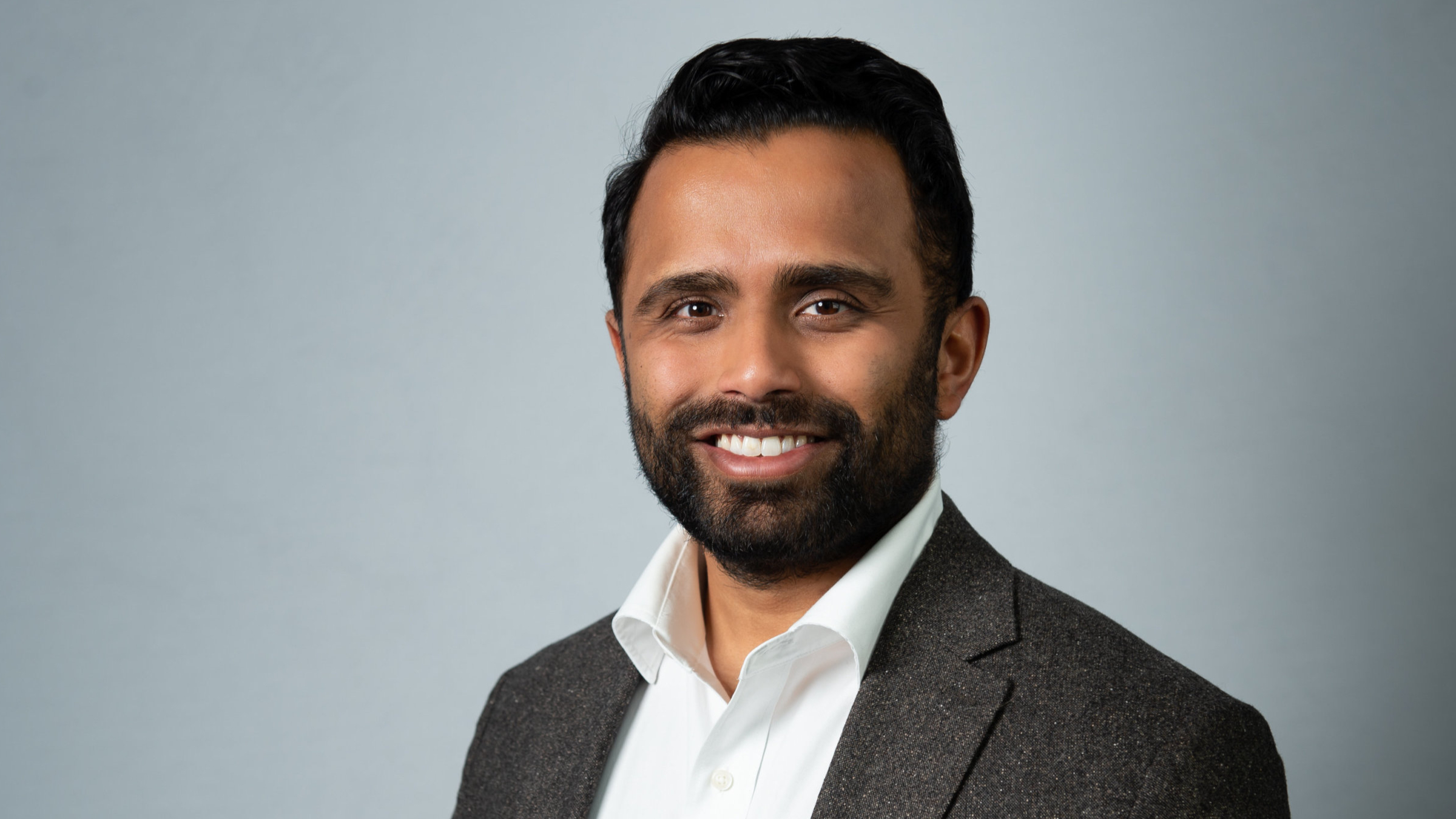
Anand Parikh, Faeth Therapeutics CEO
Sid Mukherjee, Lew Cantley behind new cancer biotech with food+drug combo treatment ambitions
Famed oncologist Sid Mukherjee and repeat biotech co-founder Lew Cantley have teamed up to form Faeth Therapeutics, a startup aiming to treat cancer the way …
Sign up to read this article for free.
Get free access to a limited number of articles, plus choose newsletters to get straight to your inbox.